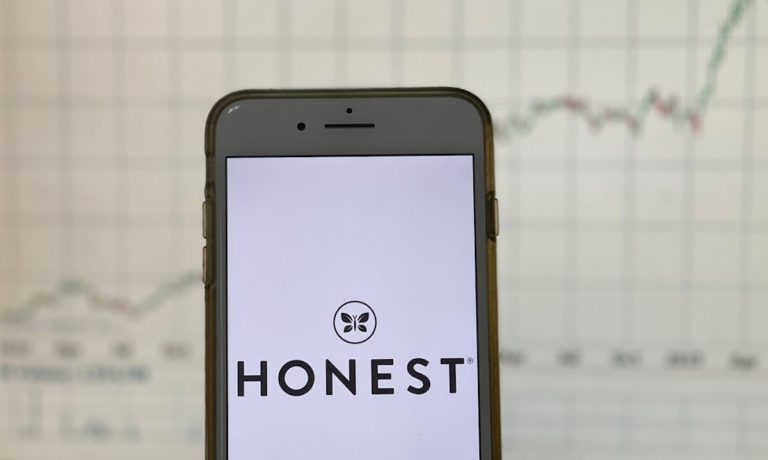Honest Co.’s Soft Sales Causing Trouble on Multiple Fronts

Less than six months after making its public debut, the natural diaper, skin care and household cleaning product brand The Honest Co. is facing two quarters in a row of softening sales, creating more challenges as the company tries to grow in a competitive marketplace.
A lawsuit filed last week in the U.S. District Court for the Central District of California claims that Honest Co. executives provided “false and misleading” statements ahead of the company’s early May IPO, including the impact that a COVID-fueled stock-up on household items had on the business, and the fact that Honest was seeing a decelerating demand for diapers, wipes and household and wellness items.
As a result, the lawsuit says, the Honest Co.’s financial results were likely to be adversely impacted, a fact that the company failed to disclose. In its second-quarter earnings release last month, Honest Co. reported its second consecutive quarter of declining diaper sales, which it attributed to “an estimated $3.7 million COVID-19 stock-up impact.” Diapers account for approximately 60% of the company’s revenue. Compared to last year, revenue grew by 3%, though without the diaper and wipes category, it would have grown by 9%.
The Honest Co. was founded by actress and activist Jessica Alba in 2012; she remains the public face of the company as well as its chief creative officer, board member and owner of roughly 6% of Honest’s shares.
In a statement to PYMNTS, Honest said it is currently reviewing the litigation with its legal team. “We act with integrity and stand behind our business strategy, operating results and team,” the firm said. “As a mission-driven company, transparency and trust are key to who we are.”
Since publicly debuting at $16 per share, Honest has seen its stock price drop by nearly 32%, compared to a nearly 5% rise from the S&P 500 and a nearly 7% rise in shares of Pampers manufacturer Procter & Gamble, which is the company’s biggest competition in its core diapers category. Honest has also posted a loss every year since its inception, and for the first half of 2021, the company reported a $24.5 million loss.
Dialing into Digital
Honest is also facing a steep decline in its digital sales, which fell 24% year over year in the second quarter to $35 million; retail sales, on the other hand, grew by 51% to $40 million due to strong traffic at Target, Costco and other retail partners. While a certain level of digital sales softening is to be expected, few companies have reported such a large drop.
Since the pandemic began, though, the share of brick-and-mortar native shoppers has declined by 10%, according to PYMNTS data, while the share of online-native shoppers has increased by 17%. Amazon, which carries Honest products, has also increased its share of overall health and personal care sales since the beginning of 2020.
Related news: Crowded Wellness Space Leaves Amazon, Walmart Market Shares Bedridden
Last week, Honest named a former Amazon executive, Pete Gerstberger, as its chief digital and strategy officer. He is tasked with leading the company’s omnichannel strategy and driving Honest’s digital business. Gerstberger previously served as the head of Amazon Key, helping to restructure and scale the contactless delivery service to over 50 million Amazon Prime customers.
A History of Controversy
This is not the first time The Honest Co. has faced litigation and controversy. In 2015, a customer sued the company over claims that its sunscreen was ineffective, and in 2016, the Organic Consumers Associate sued Honest and claimed that its baby formula wasn’t actually organic, though that lawsuit was dismissed.
Read more: Honest Co. Baby Formula Lawsuit Dismissed
Honest also was forced to recall its baby wipes in 2017 over concerns of a possible mold contamination problem. In that same year, the company settled a class-action lawsuit claiming that it misled buyers about ingredients in its laundry detergent and dish soap. Honest paid $1.55 million, but did not admit to any wrongdoing.
All of this controversy may mar the reputation that Honest has tried to cultivate as “a leading clean and natural wellness brand,” which CEO Nick Vlahos has said is key to disrupting the large consumer categories in which the company competes. According to the company’s estimates, the clean and natural market is projected to grow in the high single digits through 2025, six times the rate of conventional consumer products.